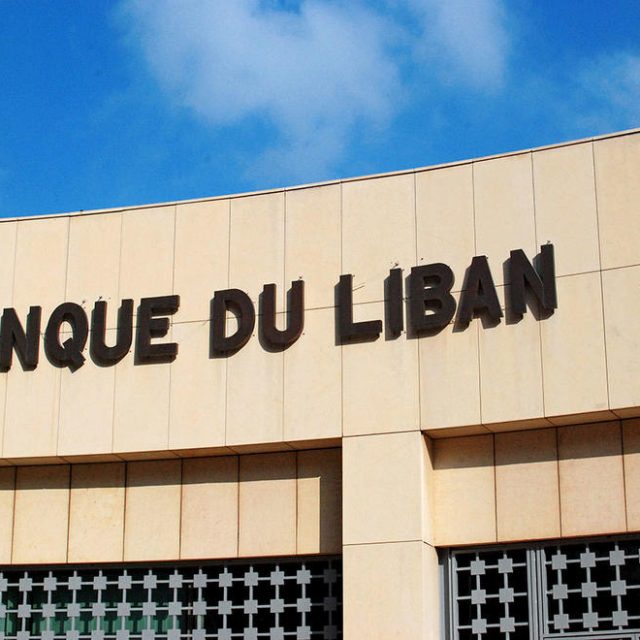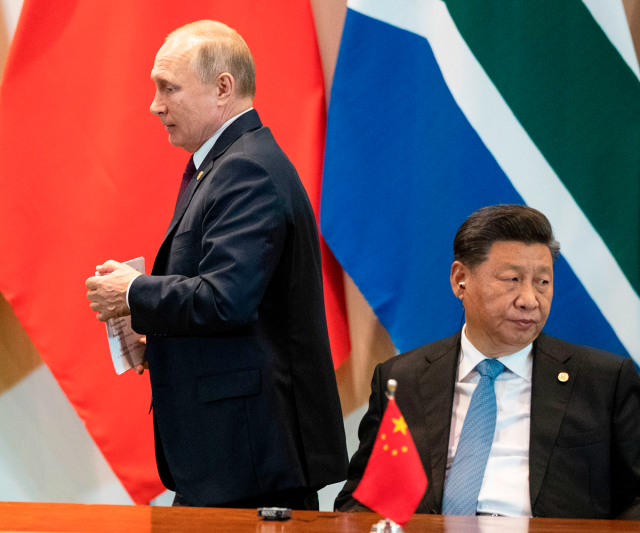The European parliament’s Committee for Economic and Monetary Affairs (ECON) of the European Parliament has adopted its position on the so-called “MiFID quick fix” which amends the Markets in Financial Instruments Directive (MiFID).
The MiFID sets the key rules for stock exchanges, financial trading platforms, consumer protection in financial markets and rules for the speculation with commodities. The draft law by the European Commission suggested to scrap or soften multiple rules from the existing investor protection, transparency and market integrity framework.
According to the Commission, easing these requirements would allow financial markets to better support the economic recovery in the Covid-19 pandemic. However, many of the measures actually have no traceable link to the current crisis as criticised by the Greens, other political groups and various NGOs. In his draft report, the conservative rapporteur Markus Ferber substantially extended the Commission proposals and included further deregulatory gifts from financial services’ wish lists.
A Greens group source said, “The committee vote marks a small success for the Greens. After having received massive headwinds from the Greens,, the Social Democrats and the Left, the rapporteur had to backtrack on most of his own proposals and present compromises that largely excluded his proposed extensions. As a result, the compromise report is much closer to the initial Commission proposal than to his draft report. Furthermore, the ECON committee followed our line and refused the rapporteur the necessary majority to enter interinstitutional negotiations which gives the plenary of the European Parliament the opportunity to further improve the report in its November session. We Greens voted against the compromise report in committee and will now work towards an acceptable compromise text for the plenary.”
One alternative compromise tabled by the Greens did not get a chance to receive a majority also due to an error on the voting list.
A Greens source said, “Together with the Social Democrats, we had proposed to keep the commodities position limits regime of MiFID II largely intact rather than scrapping most of it as suggested by the European Commission and the rapporteur. Despite the error, our request to repeat the vote was rejected and the rapporteur’s compromise was adopted by a majority of only one vote. This is the main reason why we had to insist on taking the report to the plenary. We will table the alternative compromise again in the November plenary session.”
“The proposed amendments to the position limits regime for commodities are a primary point of concern for us Greens. To constrain excessive speculation in agricultural, energy and other commodities, MiFID II had introduced a framework that imposes upper limits on the commodities positions held by market participants. This was a result of a broad mobilisation of civil society, churches and critics of the financialization of key markets. According to ‘Compromise K’ by the rapporteur, this framework is supposed to be scrapped entirely and replaced by a new mechanism that only imposes limits on selected commodities, based on certain quantitative criteria and new level 2 legislation.
“Without a proper impact assessment, it remained fully unclear whether the new framework would include all relevant commodities and whether the original goal to prevent market abuse and constrain excessive speculation in key markets would still be achieved. While the existing position limit regime certainly is a candidate for cutting red tape, we Greens argued that it would be irresponsible to implement such a far-reaching regime change without adequate scrutiny in a rushed quick fix procedure. Together with the Social Democrats, we therefore put forward an alternative ‘Compromise Ka’, also supported by the Left, that would preserve the current position limit regime with only very targeted changes to provide more flexibility for nascent energy contracts.”
“The compromise would also give a renewed mandate to the Commission to provide a comprehensive report on the regime before considering any substantial legal changes to it, as already foreseen in Article 90f of the MiFID,” said the source.

MEP Ernest Urtasun, shadow rapporteur of the Greens/EFA group for the MiFID quick fix commented: “It is a great success that a majority in the ECON Committee does not want scrap investor protection and market integrity rules in a rushed procedure without adequate scrutiny. We Greens are open to changes that help tackle the coronavirus crisis, but we fiercely oppose using the pandemic as an excuse to weaken financial market rules. The report adopted in the committee still goes too far and the plenary of the European Parliament must now use its chance to further improve the report. Most importantly, we should preserve the position limits framework for commodities that constrains excessive speculation.”
“Due to a mistake in the voting list, no proper vote was cast on an alternative compromise proposal by the Greens and S&D on the position limits regime for commodities. The pandemic does not provide a justification for scrapping the entire framework without a proper impact assessment. Instead, we have proposed to make only targeted amendments to the existing regime for a limited set of contracts. Despite the error in the voting procedure, our request to repeat the vote has been rejected. We will now try to change the text again in plenary.”
MEP Sven Giegold, financial and economic policy spokesperson of the Greens/EFA group commented: “It is good to see that the ECON Committee refused to follow the rapporteur regarding his one-sided proposals. From the start, it was unconvincing that lowering investor protection rules and reducing market transparency should contribute significantly to the economic recovery from the pandemic. Given the severity of the current economic distortions in Europe, the macroeconomic impact of the whole Capital Markets Recovery Package is highly questionable. Instead of getting side-tracked by lobby demands, the EU institutions should focus on effective support measures for citizens and firms during the crisis and work towards a sustainable future for Europe through the European Green Deal. We need a real and balanced MiFID reform. But, this real MiFID reform has to achieve both: Cutting unnecessary red tape and protecting consumers better. Using the coronavirus crisis for a one-sided MiFID reform agenda is neither appropriate nor helping the much needed MiFID reform.“




